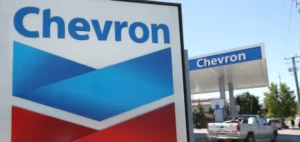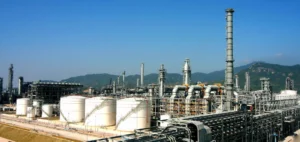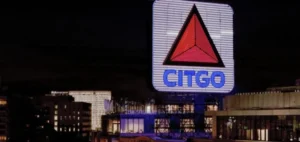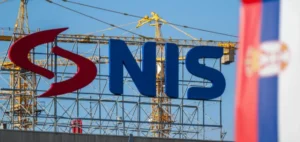The French group TotalEnergies is the company most involved in the development of new hydrocarbon reserves in Africa, denounces a report by NGOs on Tuesday.
The biggest developers of new oil and gas fields due to produce before 2030 on the continent are, in order, TotalEnergies, the Algerian Sonatrach and the Italian major ENI, according to a report published by the German NGO Urgewald and numerous other associations.
“The new resources that TotalEnergies plans to bring in the short term amount to 2.27 billion barrels of oil equivalent: this is equivalent to about three years of national CO2 emissions for France,” stressed Heffa Schücking, director of Urgewald, before journalists at COP27 in Egypt.
In total, various companies plan to add at least 15.8 billion barrels to their African portfolios before 2030. Extracting and burning these resources would release 8 gigatons of CO2 into the atmosphere – more than twice what the EU emits each year, according to the report’s authors.
The International Energy Agency (IEA) believes that investment in new fossil fuel projects must be halted to achieve carbon neutrality.
But the energy crisis caused by the Russian invasion of Ukraine has fueled a scramble for new resources. Europe in particular is eyeing Africa’s gas potential to replace its supplies from Russia.
The NGO report also highlights new infrastructure projects such as the giant EACOP pipeline carried by TotalEnergies in East Africa, which has been widely criticized for its environmental impact and its consequences on human rights.
Together with other mega-projects such as ExxonMobil’s liquefied natural gas (LNG) project in Mozambique or Equinor’s project in Tanzania, these infrastructures risk “locking in fossil emissions for decades” and depriving the countries concerned of the opportunity to “build a future in renewables”, the report says.
“These projects are not intended for the continent but for export, which is why they are based on exploitation and are also in many ways colonial,” said Omar Elmawi, coordinator of the Stop EACOP campaign.
The report also notes the role of funds and banks in investing in these new fossil fuel projects in Africa, often despite stated commitments to carbon neutrality.
The banks Citigroup, JPMorgan and BNP Paribas are on the podium. “They are not investing in a 1.5°C world but in a 3°C world,” denounced Heffa Schücking.





















